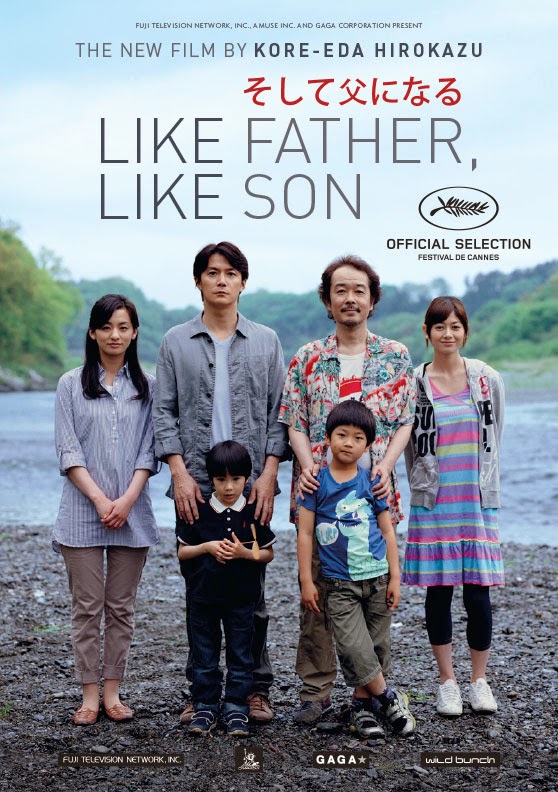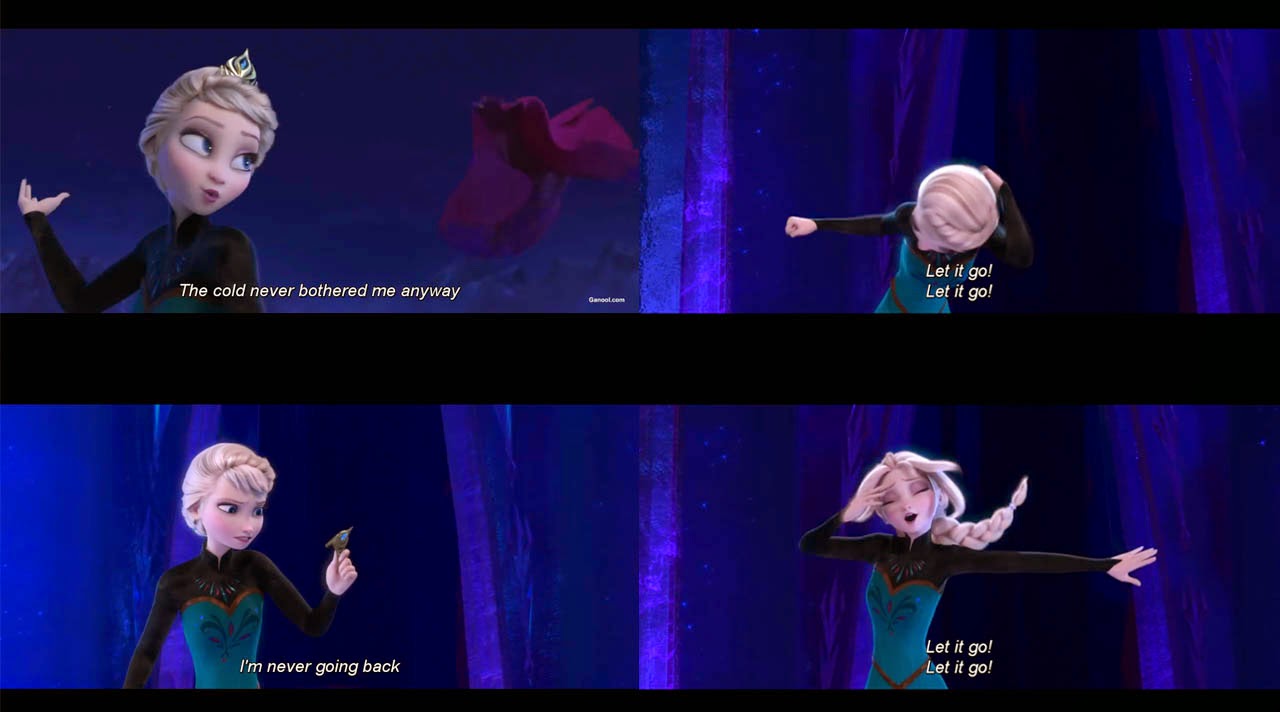Like Father, Like Son
I just watched Like Father, Like Son そして父になる (Soshite Chichi ni Naru), a Japan movie about children who turned out had been switched from their biological parents after 6 years they were born.
 |
| source |
Like Father, Like Son is a Japan movie, which focuses on a successful family with the father, Ryota (Masaharu Fukuyama), a prominent Tokyo architect who works long hours in order to provide a wealthy life for his wife, Midori (Machiko Ono) and their six-year-old son, Keita. They live a happy life, though Ryota rarely spends the time to play with Keita. But the conflict starts appearing when the hospital where Midori gave birth to Keita report about the feasibility of their kid has been switched with another family. Even after the blood test revealed, it really shows that Keita and another baby were switched at birth. Then this family with the switched-son who has a different life with Ryota is thrown together to the case whether they are going to switch their sons or just leave it be. Ryota insists on giving Keita and Ryusei some trial times to gradually get blended with their new environment. Every Saturday, Ryusei, Ryota's biological son stays in Ryota's flat, while Keita has to stay in his biological parents' house.
On one level, Keita has been living in a nice apartment with his well-to-do but distant and demanding father, while the other child, Ryusei, is one of five living in a crowded and cluttered, yet cosy home tucked behind a ratty appliance shop. Though his father (Riri Furanki) is an absentminded goofball, Ryusei once ran away from Ryota's house, took the train to get back to his non-biological parents, which also shows how Ryusei loves his non-biological parents than the other one. This movie also shows how parents are the important persons of a child, indeed. But it is not always how well parents raise us or how wealthy our parents are. The main point of this movie, how Ryota finally learns to be a better father for Keita and gradually forgets about the connection relating-blood toward Ryusei, his biological son. This movie is worth watching, in my opinion. We can see how environment which raises us from we were born up until now becomes eventually our 'home', a place where we can demand more love and cares, despite the fact that we are not living with our biological parents.
You should watch this movie!

